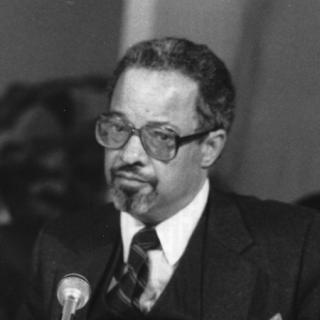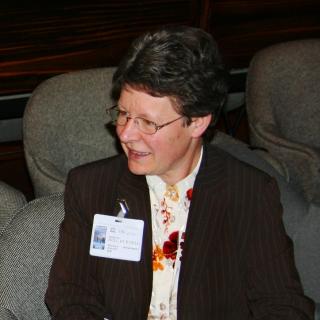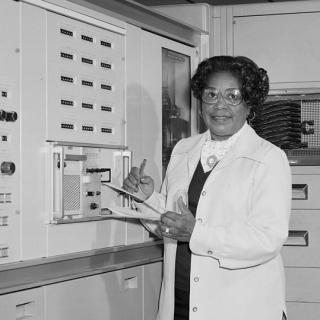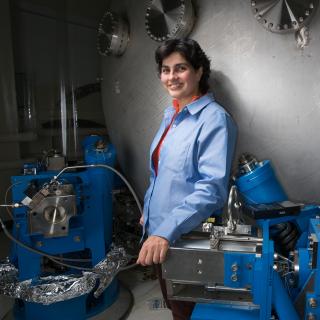Astronomers use telescopes to observe objects in space. Space scientists use space probes and robots to explore beyond Earth.
All this technology needs to be designed, built, tested and maintained - so astronomy and making things go hand-in-hand!
If you are interested in astronomy and want a practical and hands-on career, you might be interested in a career as a research scientist, engineer or technician.
In the past, telescopes were relatively small and designed for the astronomer to look through them. Research scientists and engineers today are working on projects like the Extremely Large Telescope, the Square Kilometre Array, and the James Webb Space Telescope.

Modern telescopes have lots of sensitive instruments on them that can make different measurements and record different types of data. They can also weigh thousands of tonnes and are often located in extreme environments, high up on mountains in deserts. The James Webb Space Telescope team also face the challenge of getting it to work in space.
Some engineers design and test robotic systems that can-do science in environments where humans would not be able to survive. Robotic engineers combine the skills of mechanical, electrical and software engineering to build complex systems such as the robotic arms used on the International Space Station and the Curiosity Mars Rover, which has been exploring Mars since 2012.
Space telescopes, rovers and other satellites are all launched on rockets and may travel through space for months or years. Engineering helps solve problems like: What materials can withstand strong vibrations during the flight? How do we get data back from space? Can we make a system that will work for 10 years without any upgrades or maintenance?
Most engineering jobs require a degree in science or engineering, but some employers also want a postgraduate degree, especially if you want to do research as well. Technicians work alongside engineers to help them solve problems. Technicians need practical or vocational training but not necessarily an academic background.
Find out more about people who combined science and making-things in our career profiles:





